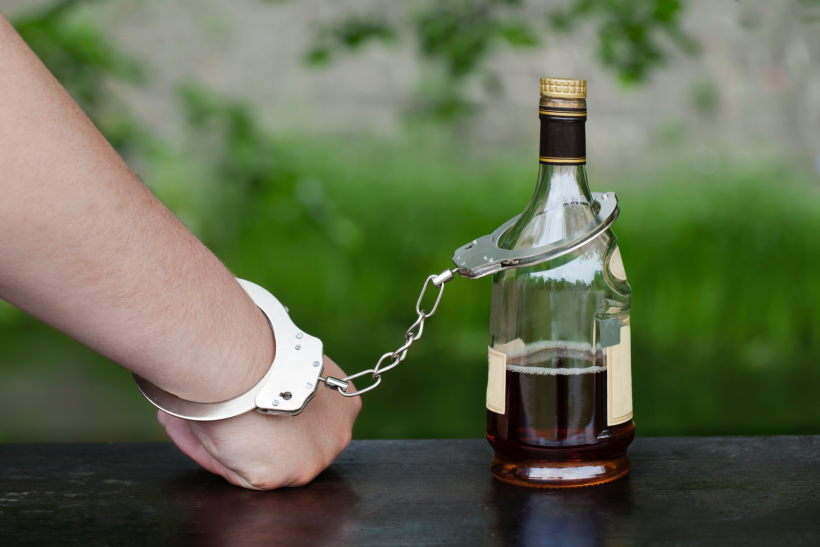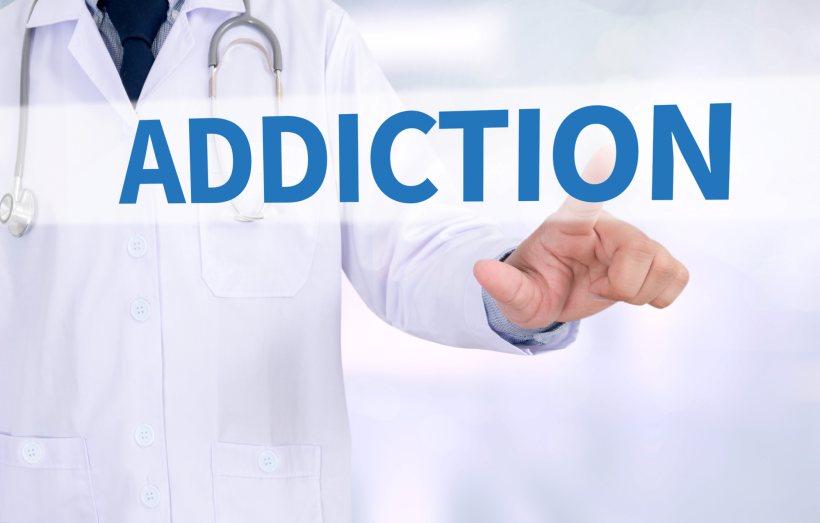The CBD to combat alcoholism
In the land of wine, it is not always easy to talk about alcoholism, it's just that we dare to talk about excessive consumption. Yet alcohol kills about 50,000 people in France every year, barely 20,000 less than tobacco. Alcoholism is recognized as a disease by the World Health Organization (WHO) since 1978. Let's see what alcoholism is, how to treat it, and what CBD oil can do to help you get rid of alcohol.

What is an alcoholic beverage ?
An alcoholic beverage is a liquid containing ethanol, also called ethyl alcohol. Wine, beer, brandies such as vodka, schnapps or liqueurs are some of the best known alcoholic drinks. Alcohol is obtained by fermentation of fruits, tubers or grains. Depending on the manufacturing process, a wide variety of tastes and colors can be obtained, which can contribute to the desire to consume and to the birth of an addiction or to the maintenance of an addiction. Alcohol is an easily accessible product that is generally consumed in a convivial context.
When is it called alcoholism ?
Ethanol is the most widely used psychoactive substance in the world, far ahead of THC in cannabis. Unlike cannabis, alcohol has an important place in our cultures. Its consumption can be favored by social factors, such as a festive context. Moreover, alcoholic products are extremely easy to access, and at very affordable prices depending on the alcohol chosen.
A person is considered to be a victim of addiction when he or she cannot do without alcohol. Drinking then becomes a necessity. Addiction can set in very slowly, in several months or years before the person who drinks or his entourage becomes aware of it. Alcohol then becomes an aid to cope with everyday life, or to forget it. Little by little, the body gets used to alcohol, and a higher dose is necessary to obtain the desired effects, but also to avoid withdrawal symptoms. Because if the consumption of alcohol is interrupted, the organism is plunged into a state of withdrawal, these are the effects of withdrawal. This state of extreme stress for the organism gives rise to anxiety, trembling, sweating, insomnia and great agitation.
What are the effects of alcoholism on the body ?
The consumption of alcohol has harmful effects on health even in small doses. Studies have shown that an alcoholic can replace up to 50% of his or her daily calories with alcohol, which is not without consequences for his or her health, since it can cause serious nutritional deficiencies, due to the lack of certain nutrients essential to the proper functioning of the body.
The effects of alcohol in the short term
In the short term, regular consumption of alcohol increases the risk of traffic and work accidents, as scientific studies on the subject have shown. In the short term, the health effects of regular consumption can lead to diseases such as gastric reflux, gastritis, acute alcoholic hepatitis, but also nausea and vomiting.
The effects of alcohol in the medium and long term
In the medium and long term, alcohol can become an addiction. Chronic alcohol consumption will have disastrous effects on the body, affecting different organs and functions of the body :
- The liver can suffer from hepatocellular insufficiency (cirrhosis)
- The pancreas : pancreatitis
- The nervous system can be affected by different diseases such as alcoholic neuropathy, neuritis, alcoholic dementia, etc.
- The cardiovascular system : heart disease, hypertension.
- Excess alcohol can also cause genetic damage that can lead to cancer.

How to treat alcoholism ?
For a long time, stopping alcohol completely and abruptly was considered the only option, which could be a hindrance for many patients. Today, other options are considered, such as a gradual reduction towards complete cessation or controlled consumption. Whatever the option chosen, medication can be prescribed to facilitate the process. Psychological help can be valuable.
What is CBD oil ?
CBD oil is a substance from the hemp plant (Cannabis Sativa), known to calm the mind by limiting the impact of stress and anxiety, improve sleep, reduce pain, and many other effects.
CBD should not be confused with THC, which is another substance found in cannabis. To clarify the subject, cannabis is not a plant, but a family of plants :
- Cannabis Sativa, or industrial hemp is the only variety whose cultivation is legal in France and Europe, provided that its THC content is below 0.2%. It is from hemp that CBD oil is made.
- Cannabis Indica is grown illegally for its high THC content, sometimes up to 34%. The cultivation of this variety of cannabis is totally forbidden, because THC has strong psychotropic effects.
- Cannabis Ruderalis is used in East Asia for its fiber. This variety is low in CBD and THC.

CBD and addiction
CBD (cannabidiol) is a molecule that is gaining more and more popularity in the world of research, as well as among individuals, as its therapeutic potential is immense. CBD comes from industrial hemp (Cannabis Sativa). Unlike THC (Cannabis Indica), CBD is not psychotropic. Cannabidiol (CBD) is therefore perfectly legal, and has been since 2018. CBD is consumed in the form of CBD oil, its use is extremely simple, and half a teaspoon of CBD oil morning and evening is enough to maximize its effects. Numerous studies have shown the positive effects of CBD in the treatment of addictions in several ways:
CBD helps reduce anxiety.
A 2012 study (Campos et al.) showed that CBD eases anxiety in humans.
CBD improves the quality of sleep.
The effect of CBD (Cannabis Sativa) allows better sleep, and prolongs its duration (Chagas et al. 2013).
CBD reduces addiction and withdrawal.
In 2014 a study showed that CBD modifies the subject's behavior towards alcohol. But that's not all, the effects of CBD (cannabidiol) significantly reduce the risk of relapse.




